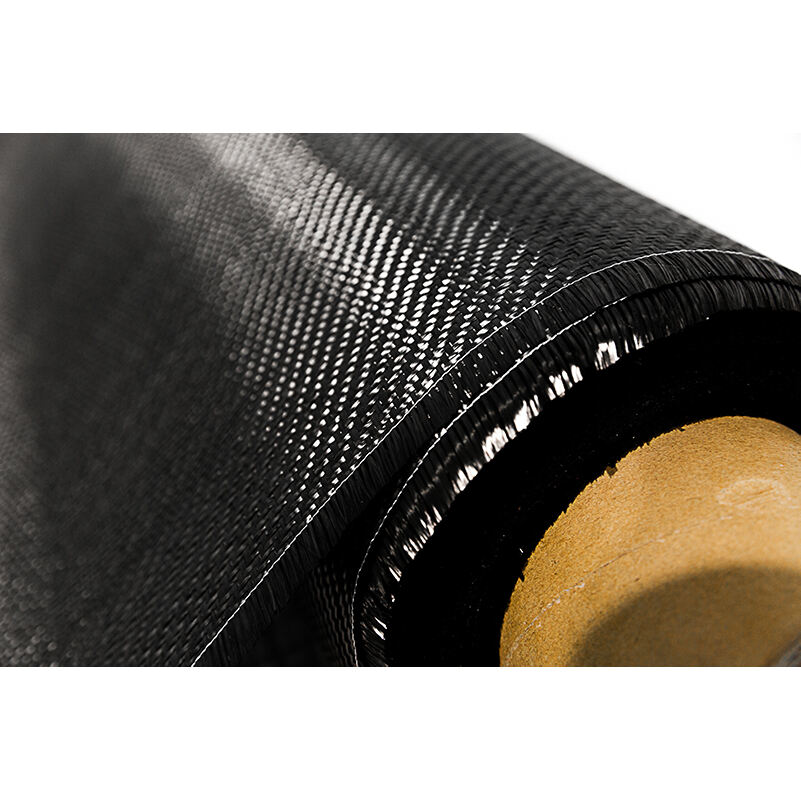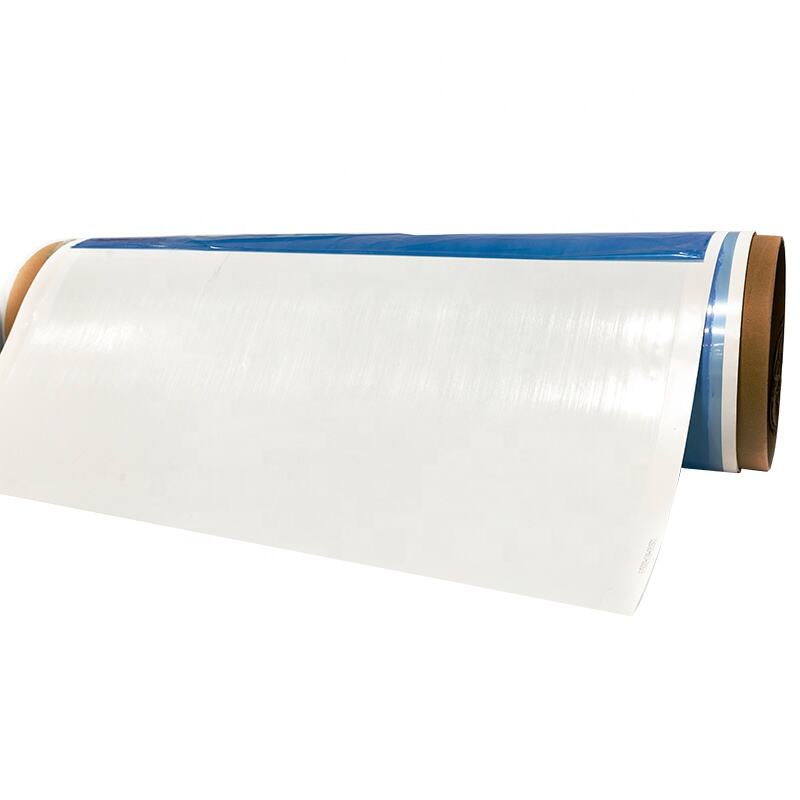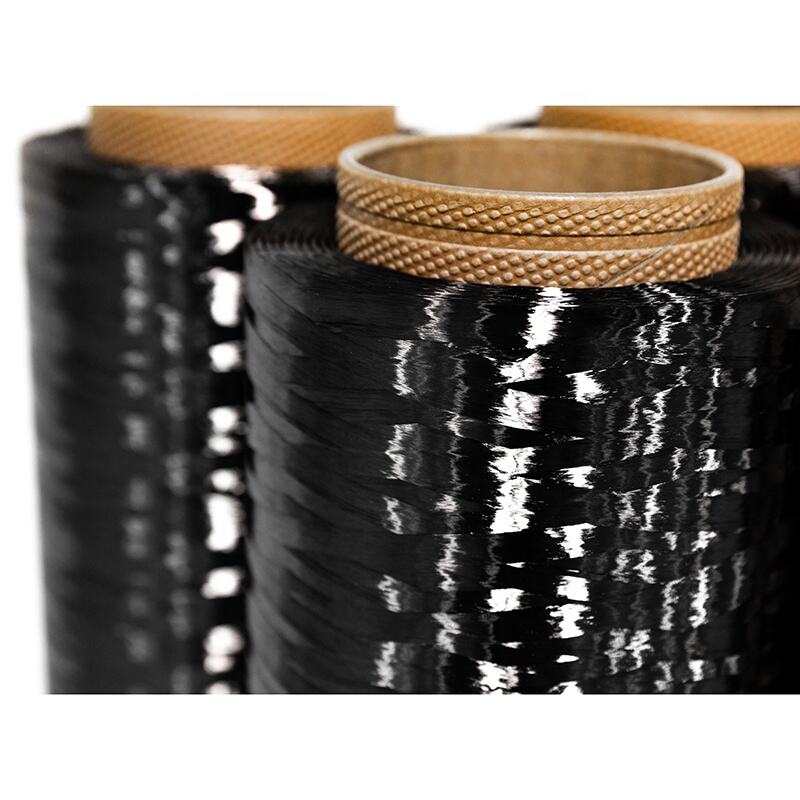carbon composite
Carbon composite materials represent a revolutionary advancement in materials science, combining carbon fibers with a polymer matrix to create incredibly strong yet lightweight structures. These advanced materials consist of carbon fiber reinforcement embedded within a resin matrix, typically epoxy, forming a material that exhibits exceptional strength-to-weight ratios. The carbon fibers provide remarkable tensile strength and stiffness, while the resin matrix binds the fibers together and transfers loads between them. This synergistic combination results in a material that outperforms traditional materials like steel and aluminum in many applications. Carbon composites are engineered to provide specific performance characteristics, including high fatigue resistance, excellent dimensional stability, and superior corrosion resistance. Their versatility allows for application across various industries, from aerospace and automotive to sporting goods and construction. The manufacturing process involves precise layering of carbon fiber sheets, followed by resin impregnation and curing under controlled conditions to achieve optimal mechanical properties. These materials can be molded into complex shapes while maintaining their structural integrity, enabling innovative design solutions previously impossible with conventional materials.


